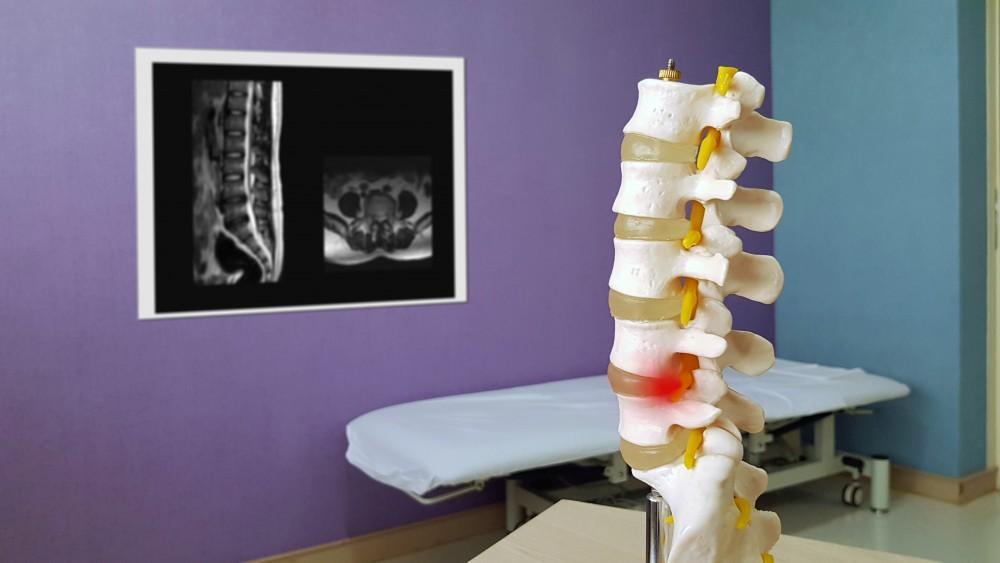
Understanding Pelvic Congestion Syndrome

Pelvic pain can be anywhere from mild to severe, and it can flare up without warning during any moment of your life. Pelvic congestion syndrome can impact your sex life, work, and hobbies. Understanding it can be the first step to seeking the help you need.
At Alate Health in Houston, Texas, complex blood-flow issues like pelvic congestion syndrome are taken seriously and treated with minimally invasive procedures. Many women suffer from pelvic pain for years without knowing why, but talking to a doctor that understands can help you get the necessary care.
What is pelvic congestion syndrome?
Pelvic congestion syndrome (PCS), is a chronic condition that occurs when varicose veins form in the pelvic region. Varicose refers to veins that have become twisted, swollen, or stretched in some way, limiting blood flow and potentially causing pain. In fact, 30% of women suffering from pelvic pain end up being diagnosed with PCS.
Pregnancy increases your risk of PCS, especially if you have multiple children. Carrying a child rearranges organs and blood vessels, which can damage them. The increase in fluid can also put stress on the veins and cause them to become varicose.
The pain associated with PCS is typically dull and constant, but it can flare up during certain activities. Pain tends to worsen in the evenings, or after standing for long periods of time. Sex, periods, and pregnancy can also worsen the pain associated with pelvic congestion.
Those with PCS might also suffer from other symptoms, including:
- Tender abdominal region
- Irritable bowels
- Pain during periods
- Pain during sex
- Visible varicose veins
- Backaches
- Abnormal menstrual bleeding
- Abnormal vaginal discharge
- Swollen vagina and vulva
- Frequent need to urinate
- Hip pain
PCS can lead to radiating pain in the hips and back. It often accompanies painful periods and is often misdiagnosed as other conditions. Getting properly diagnosed with PCS can give you a chance to seek the right treatment.
How’s it treated?
To treat pelvic congestion syndrome, we have to treat the varicose veins in the pelvis. The pain is due to improper blood flow, so it's important to get rid of problem veins and encourage healthier circulation.
This is done using embolization therapy. This procedure is minimally invasive and works by delivering embolic material to the varicose veins. This stops the blood flow and prevents these veins from becoming engorged again. Soon after the treatment, they will scar over and healthy veins will take their place.
If you're suffering from pelvic pain or have a diagnosed case of pelvic congestion syndrome, the staff at Alate Health can help you learn more about embolization therapy. Get in touch with our office by visiting the contact page.
You Might Also Enjoy...


I'm Nervous About My Upcoming VenaSealTM Procedure

Telehealth: The Advantages of Telemedicine

What Caused My Spinal Stenosis?

I'm Embarrassed About My Varicose Veins


